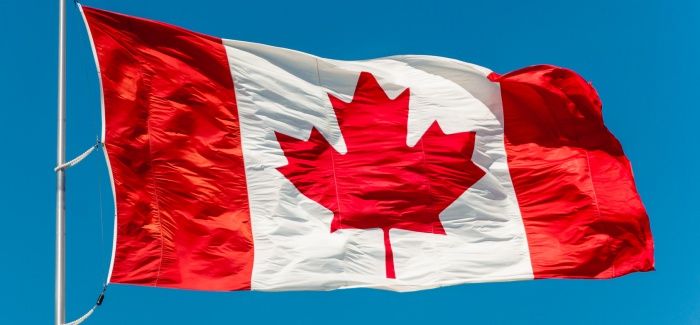How to Get a Canadian Student Visa

 In order to study in Canada, you will need to obtain a Canadian study permit, which serves as a Canadian student visa for the duration of your stay. You do not need a Canadian study permit if your course or program lasts six months or less. Nonetheless, it may be a good idea to apply for a permit before you come to Canada anyway – otherwise if you decide you want to continue your studies in another program, you’ll need to leave Canada to apply for a study permit through a visa office.
In order to study in Canada, you will need to obtain a Canadian study permit, which serves as a Canadian student visa for the duration of your stay. You do not need a Canadian study permit if your course or program lasts six months or less. Nonetheless, it may be a good idea to apply for a permit before you come to Canada anyway – otherwise if you decide you want to continue your studies in another program, you’ll need to leave Canada to apply for a study permit through a visa office.
Once you have a Canadian study permit, you can apply to renew it from within Canada if you decide to continue your studies. For full-time students registered at an accredited higher education institution, a study permit also allows you to work part-time on campus. You may also be able to work off-campus, work as a co-op or intern as part of your program, stay in Canada as a permanent resident or find work after you graduate.
Additional Canadian student visa requirements 
Some or all of the following additional Canadian student visa requirements may also apply:
- Applicants from certain countries will need to provide biometrics (photograph and fingerprints).
- Some applicants may also need to get a medical exam and/or police check before submitting their application. You will not be able to get a study permit if you have a criminal record – you may be asked to provide a Police Clearance Certificate as proof.
- Unless you’re from the US or St. Pierre and Miquelon, you will need to prove you have a valid passport which allows you to return to your country of origin after your course is complete. Two passport-sized pictures are also required, with your name and date of birth written on the back.
- Canadian student visa requirements also include proof of funds to support yourself. At present this is deemed to be C$10,000 (~US$7,070) for every year of your stay (C$11,000/~US$7,780 if you’re applying to study in Quebec) on top of your tuition fees. You will also need to make sure you have enough money to pay for transportation to return home.
To prove you have this money, you can provide any of the following documents: bank statements, evidence of a Canadian account in your name if the money’s been transferred, a bank draft in a convertible currency, proof of payment of tuition and accommodation fees, a letter from a person or institution providing you with money, or proof of funding paid from within Canada if you have a scholarship or are undertaking a Canadian-funded program.
- Study and work permit holders from visa-exempt countries who received their permit on or before 31 July 2015 will have to get an Electronic Travel Authorization (eTA) as of 15 March 2016 to return to Canada. Applicants who get their study or work permit on or after 1 August 2015 will automatically be issued an eTA along with their permit.
Next steps after applying
If and when your Canadian student visa application is approved, you’ll receive a letter of introduction, while students from countries which require an Electronic Travel Authorization (eTA) and/or a temporary residence visa will be issued these if required. The eTA will be linked to your passport. It is important that you travel with the passport you used when you applied for your study permit. The eTA will be valid for five years or until your passport expires, whichever comes first.
Present these along with your passport, proof of your finances and your letter of acceptance (and any other documents that you’ve been advised to take) to the Canada Border Services Agency (CBSA) in Canada, who will then issue your Canadian study permit and allow you access into Canada.
Working while you study in Canada 
If you’d like to get a part-time job to help support yourself while studying in Canada, you can now qualify to work on or off-campus for up to 20 hours during university semesters and full-time during breaks such as the winter or summer holidays, without the need for a work permit.
To qualify, you must:
- Have a valid study permit
- Be a full-time student
- Be enrolled at a designated learning institution at post-secondary level or, in Quebec, a vocational program at secondary level
- Be studying in an academic, vocational or professional training program that leads to a degree, diploma or certificate that is at least six months in duration.
You will also need a Social Insurance Number (SIN) from Service Canada to work in Canada or to receive benefits and services from government programs.
Your study permit will become invalid 90 days after you have completed your study program, so you’ll need to acquire a post-graduation work permit if you want to stay in Canada after your studies and seek work. This is valid for three years.




